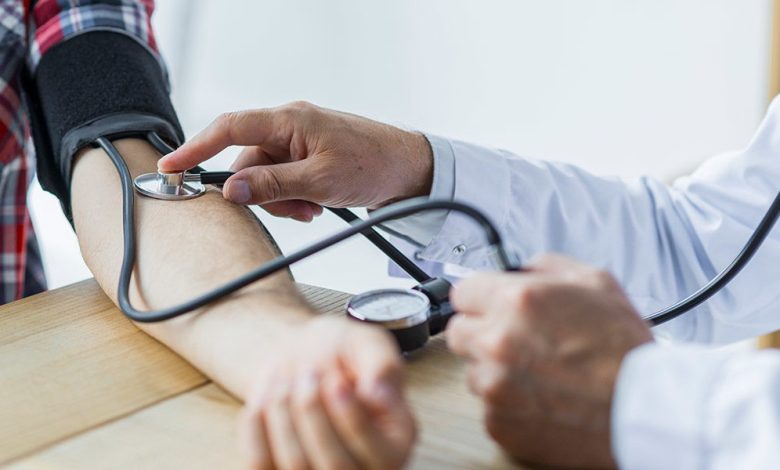
Chemotherapy is the use of specific medications to treat cancer. Anti-cancer (cytotoxic) medications are administered to destroy or restrain cancer cells. In different combinations, more than 100 chemotherapy drugs are used. The best course of treatment for the patient will depend on the drug or combination of drugs, dosage, frequency, and length of treatment.
How is Chemotherapy Given?
Most anti-cancer medications are administered using one of the three methods listed below.
- Oral – (Given the drugs by mouth). When taken orally, medications pass through the lining of the stomach or upper intestine and enter the bloodstream. You may be given pills to take home along with additional instructions. Such as whether or not to take them on an empty stomach or with food. If the tablet is not taken on time for any reason, you should call your doctor right away for advice.
- Intramuscular- Drugs are injected directly into the muscle.
- Subcutaneous- Drugs are injected beneath the skin
- Intravenous (IV)– Drugs are injected into a vein using the most popular delivery system, intravenous (IV), and they quickly enter the bloodstream. Chemotherapy medications that can irritate healthy tissue may be given intravenously (IV) in fluids to help dilute the chemicals in the medications.
What Are the Common Side-Effects of Chemotherapy?
Chemotherapy drugs are intended to kill rapidly proliferating cells, but because they circulate throughout the body, they can also affect healthy, normal cells. Although many people are particularly concerned about this aspect of their cancer treatment, side effects are caused by damage to healthy tissue and are not always as bad as one might expect.
The most prevalent side effects of chemotherapy include the following:
- Nausea and vomiting
- Hair loss
- Fatigue
- Increased chance of bruising and bleeding
- Diarrhea/constipation
- Anemia
- Infection.
It should be kept in mind that not everyone will experience all of the side effects. From person to person, side effects can range greatly in severity. Make sure to discuss the issues with your doctor home visit; he may recommend medications that would help. After treatment is over, the majority of side effects gradually go away because healthy cells heal quickly. The length of your recovery depends on a variety of factors. Including your general health and the medications, you were prescribed.
Things to Keep in Mind While Receiving Chemotherapy
Since it is crucial that we maintain the dose intensity and density (i.e., the frequency of drug administration), the patient’s condition must be maintained to continue receiving chemotherapy as scheduled. Keep the following in mind when receiving chemotherapy:
- Avoid crowds & meeting too many people, as they could give you an infection.
- Inform your doctor right away if you experience any bleeding or fever, no matter how minor.
- Avoid aspirin or any product that contains aspirin.
- Find out from your home visit doctor when the next round of chemotherapy will be administered so you can arrive on time.
- When receiving Chemotherapy drugs, report any pain or burning sensations right away.
General Care Tips Post Chemotherapy
- Use lip balm or Vaseline to keep lips moisturized.
- Try talking about your feelings with someone you feel close to if you feel that your low moods are getting the better of you.
- Take walks, preferably with a caregiver, but slowly to prevent dizziness.
- Create a sleep-friendly environment by reducing noise, dimming or turning off lights, keeping bedding, chairs, and pillows clean, dry, and wrinkle-free, and placing pillows in a supportive position.
- Wear loose, soft clothing and avoid wearing sharp jewelry.
- Hair loss is common, but it will regrow quickly after the chemotherapy is stopped, so do not be concerned; instead, keep a scarf, hat, or wig on hand. You should cut your hair short before the treatment because long hair pulls on the scalp and causes hair to fall out faster. Use mild hair care products.
- As you may have mouth ulcers, use a soft toothbrush and mild mouthwash.
- Rest well and conserve your energy by cutting down on unnecessary activities.
- Last but not least, be relaxed.
Conclusion:
Chemotherapy can have an impact on your overall health, adversely affecting your well-being, disrupting your daily routines, and straining your relationships.
It is natural and understandable for you and your family to experience sadness, anxiety, anger, or depression. But there are ways to cope with these emotional side effects. It is also critical to think positively.
The best way to deal with the emotions and stress that come with cancer treatment is to ensure that the mind and body are fighting in tandem.
It is always advised to talk to your home visit doctor in Bangalore about any questions you might have regarding your physical and emotional state.




